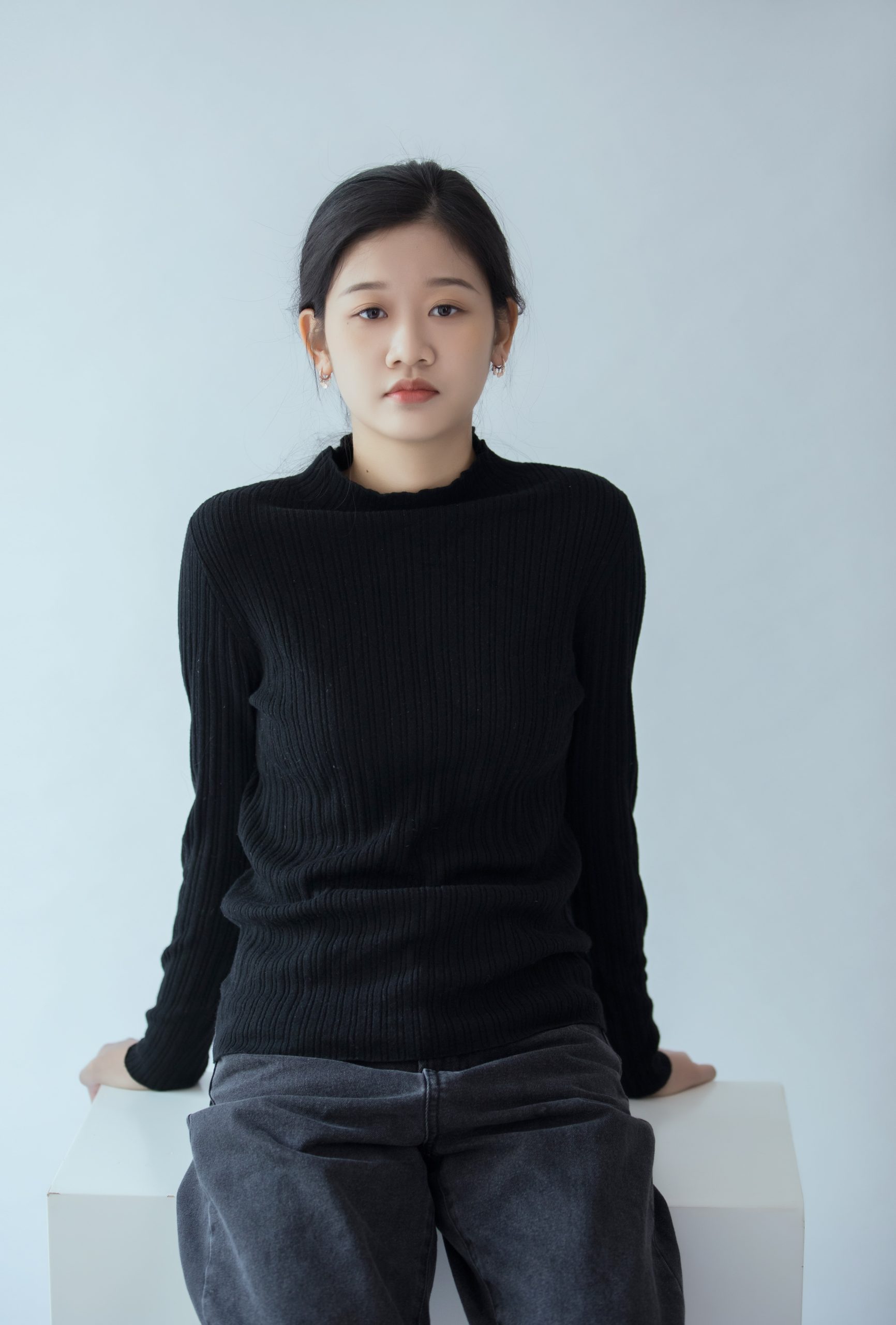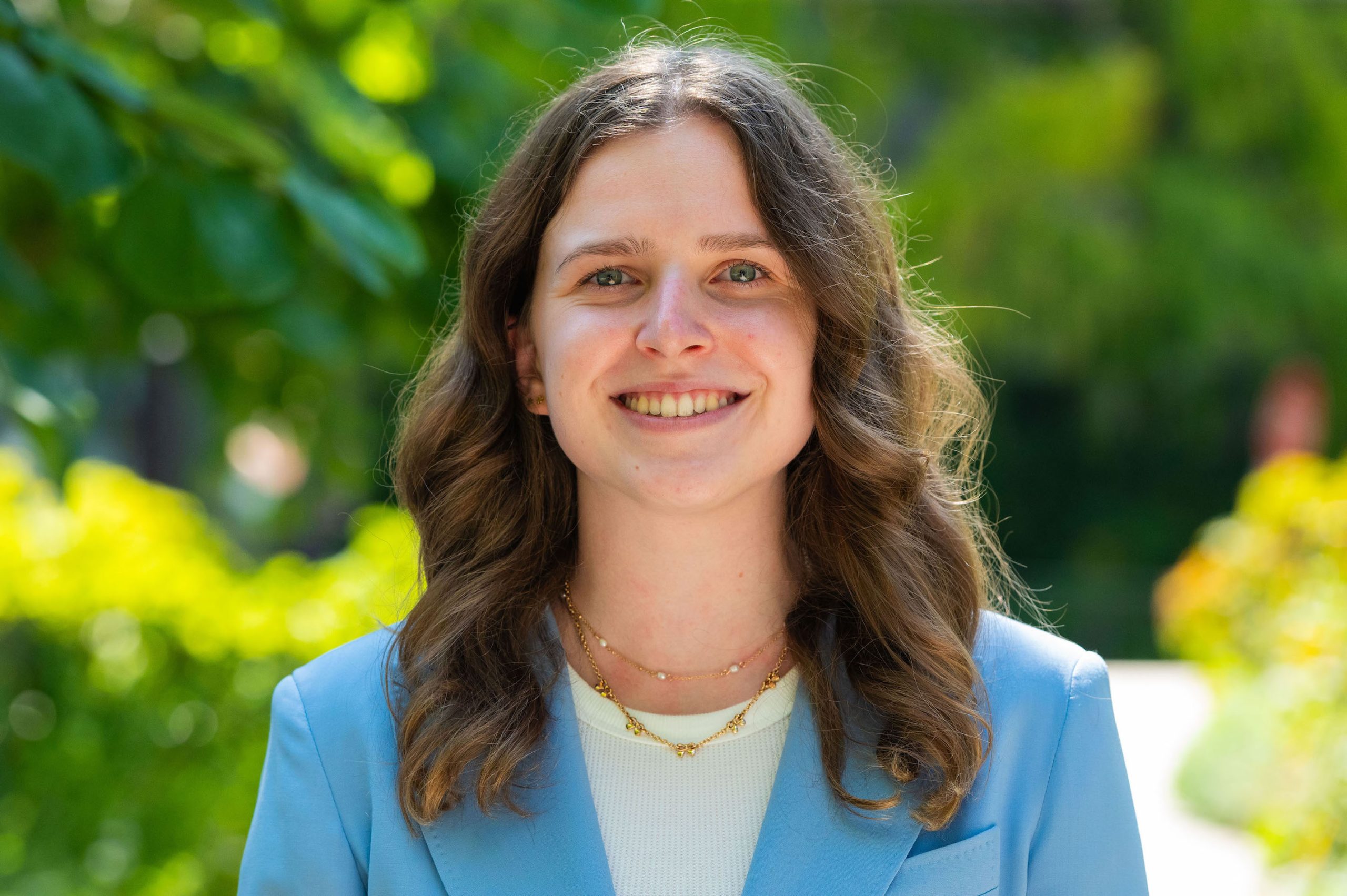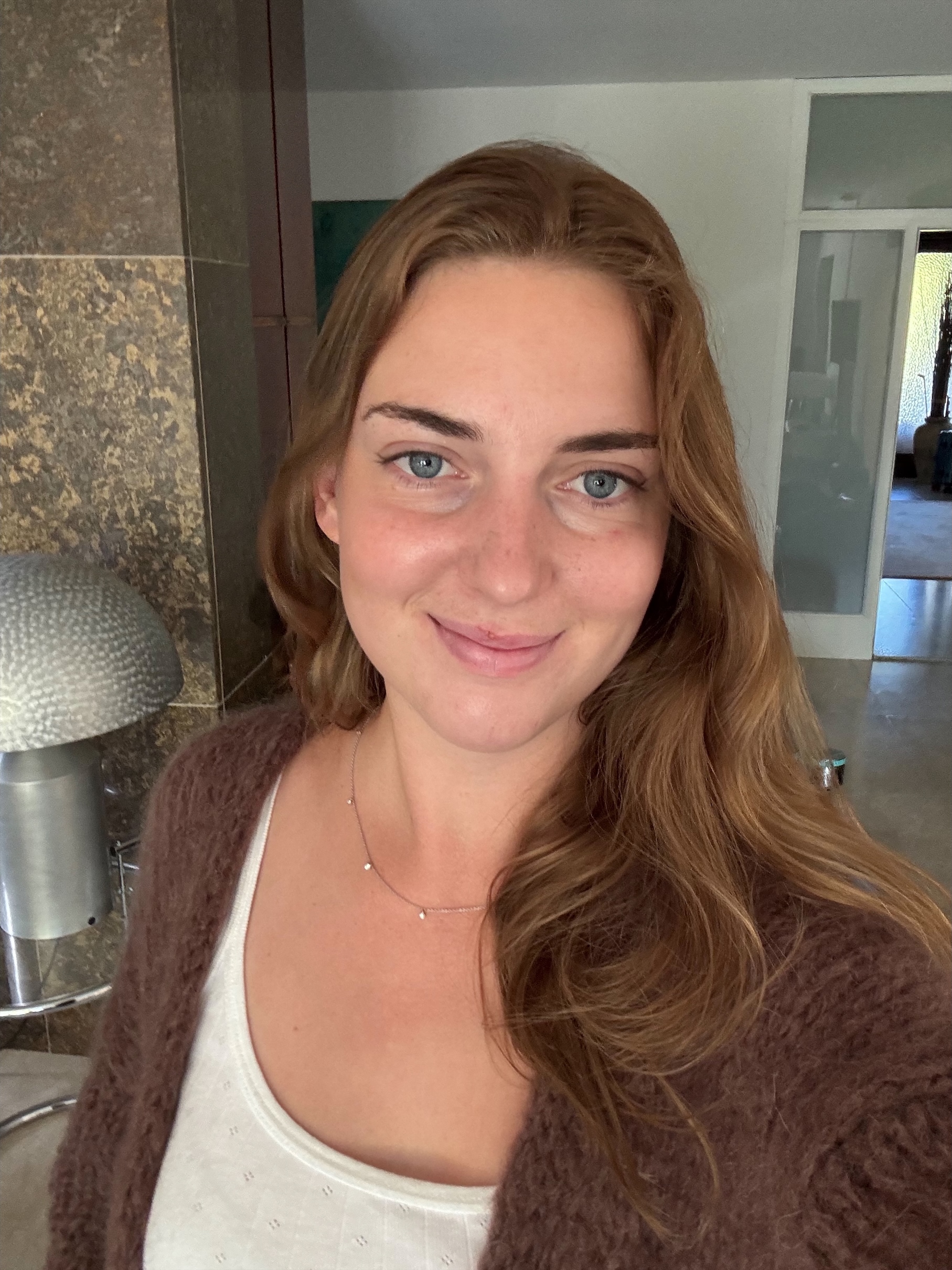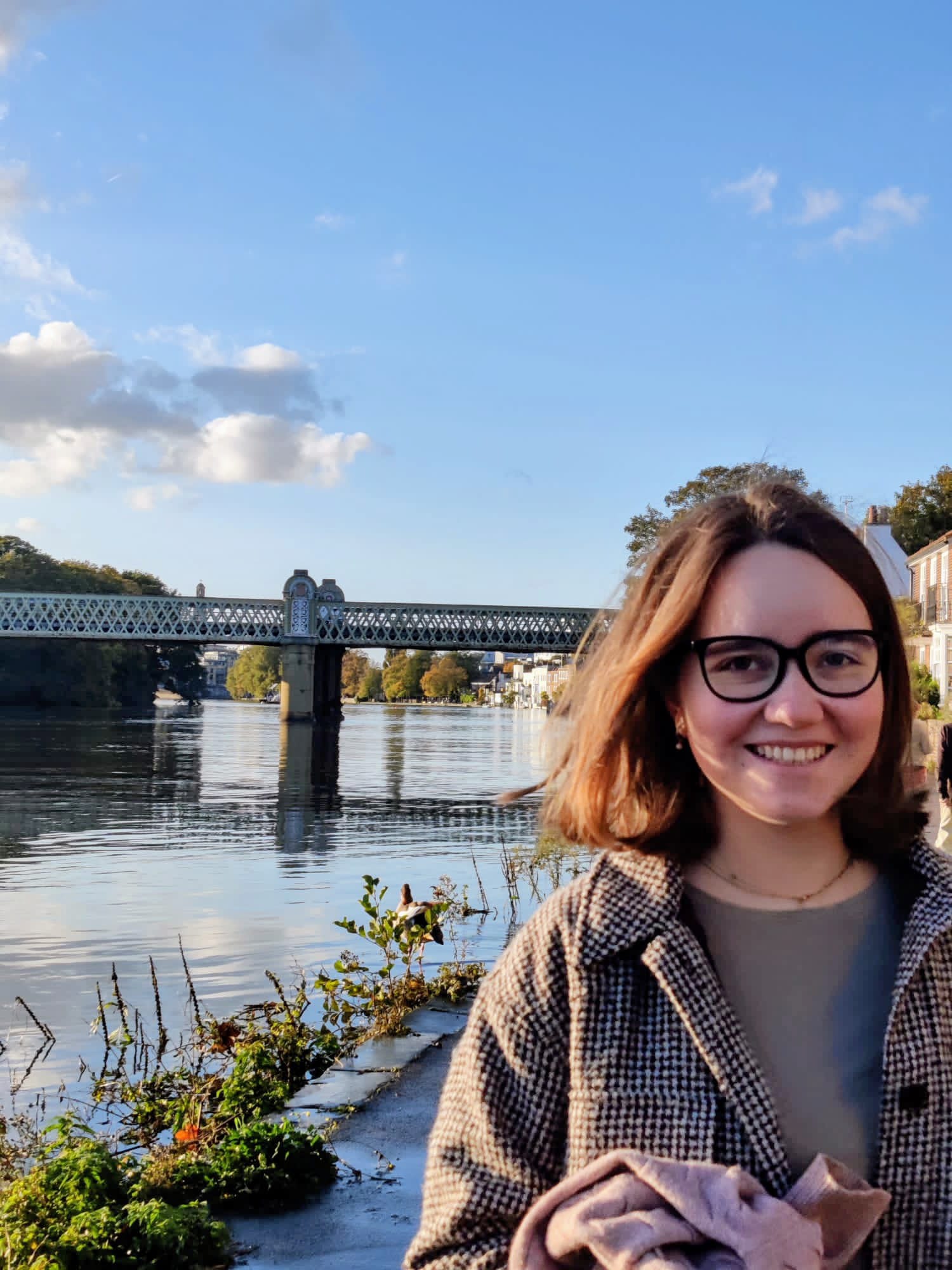
What is your name?
Xiaoyue (Sydney) Xie
Where are you from?
Nanjing, China
To which class do you belong?
MRes Experimental Neuroscience class of 2025
Where and what did you study before joining Imperial College London?
I did my BSc in Biological Sciences at Imperial College London
How did you find your Master experience at the College?
Challenging yet rewarding. This Master’s helped me to think more independently. By completing three rotations, I was able to explore neuroscience, and more specifically, glial cells from various perspectives. This allowed me to approach scientific questions holistically by drawing connections across disciplines. Throughout my journey, I received considerable support from both my supervisors and the department. This Master’s has helped me to confirm the area of neuroscience I am truly passionate about
Which research project did you work on?
I did three research projects throughout this year. My first project was with Dr Kambiz Alavian. I investigated microglial mitochondrial function in Parkinson’s disease. Using a combination of techniques, such as immunostaining, protein ligation assay and patch clamp electrophysiology, I focused on DJ-1 interaction with the ATP synthase under physiological and diseased conditions. I completed my second project under Dr Raffaella Nativio, investigating DNA-damage induced senescence in astrocytes. We revealed the paracrine effect of senescence in human primary astrocytes. I opted to complete a computational project as my last rotation with Dr Anna Mallach. By analysing the open access AMP PD single-nucleus RNA sequencing dataset, I investigated the underlying drivers of cognitive symptoms in Parkinson’s disease. I focused on astrocytes in the dorsolateral prefrontal cortex and primary motor cortex. We revealed regional divergence of astrocytic states and altered astrocytic communication with neurons.
Where are you now?
I am starting a PhD with Professor Wiliam Wisden at Imperial College London
What are you working on?
I will be investigating the function of different stages of sleep using transcriptomic approaches
What is the most important lesson you learnt as a Master’s student?
Work hard but also work smart. Hard work is irreplaceable for achieving success but learning how to rest in between the busiest times is like the cherry on top of the cake – it boosts your efficiency and mental health to help achieve better results. Instead of being frustrated and defeated, view every setback as an opportunity to learn and improve. Always focus not only on getting the best grade, but on giving your best effort
How did the Master’s programme help you get to where you are now?
The Master’s program helped to understand what it’s like and how to work in a laboratory environment. I have learned to execute, plan, and complete projects efficiently within a short timeframe. By completing a report for each project, I have enhanced my skills in communicating scientific findings. All these skills are helping me grow as a scientist for my future academic journey



